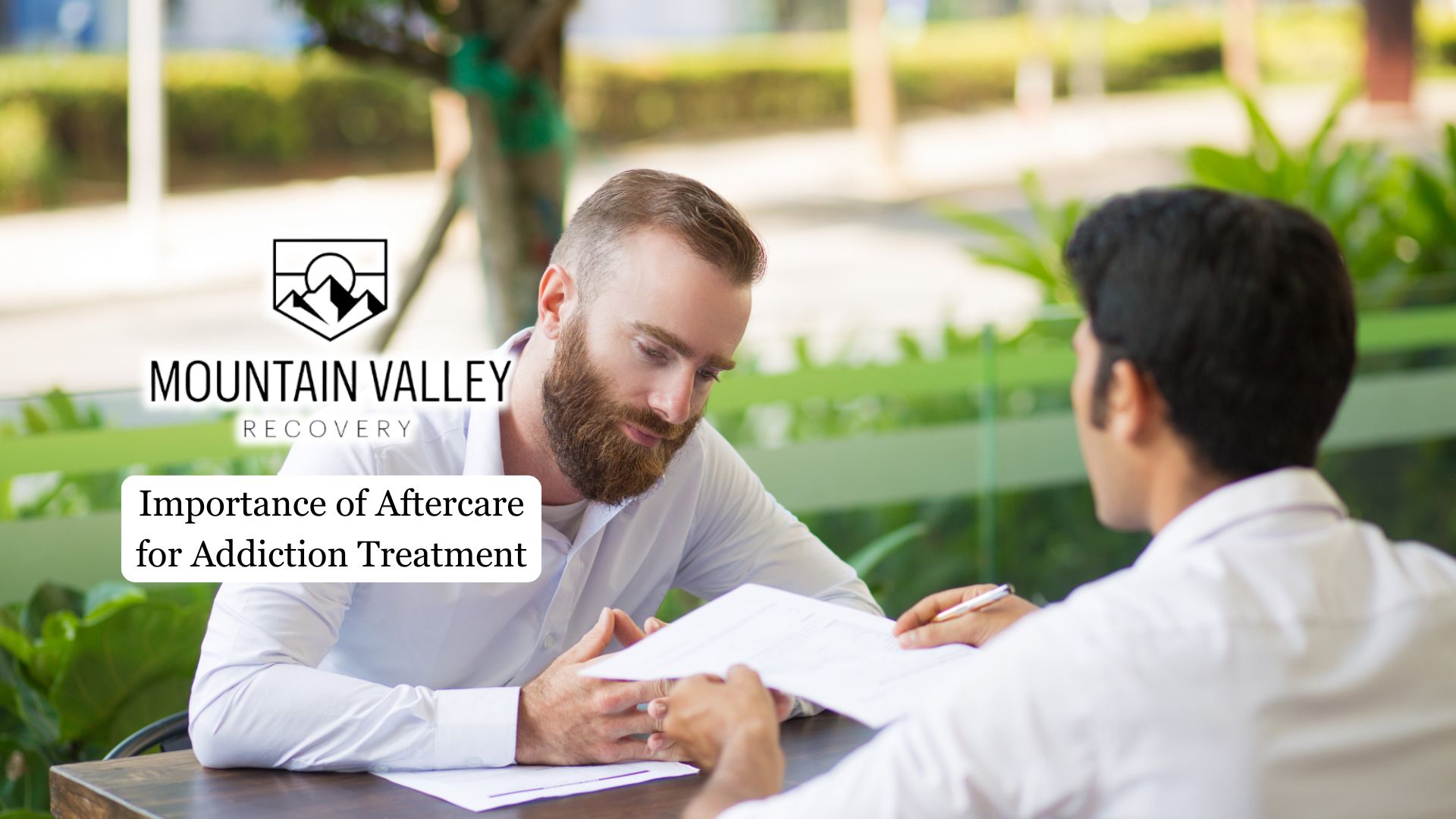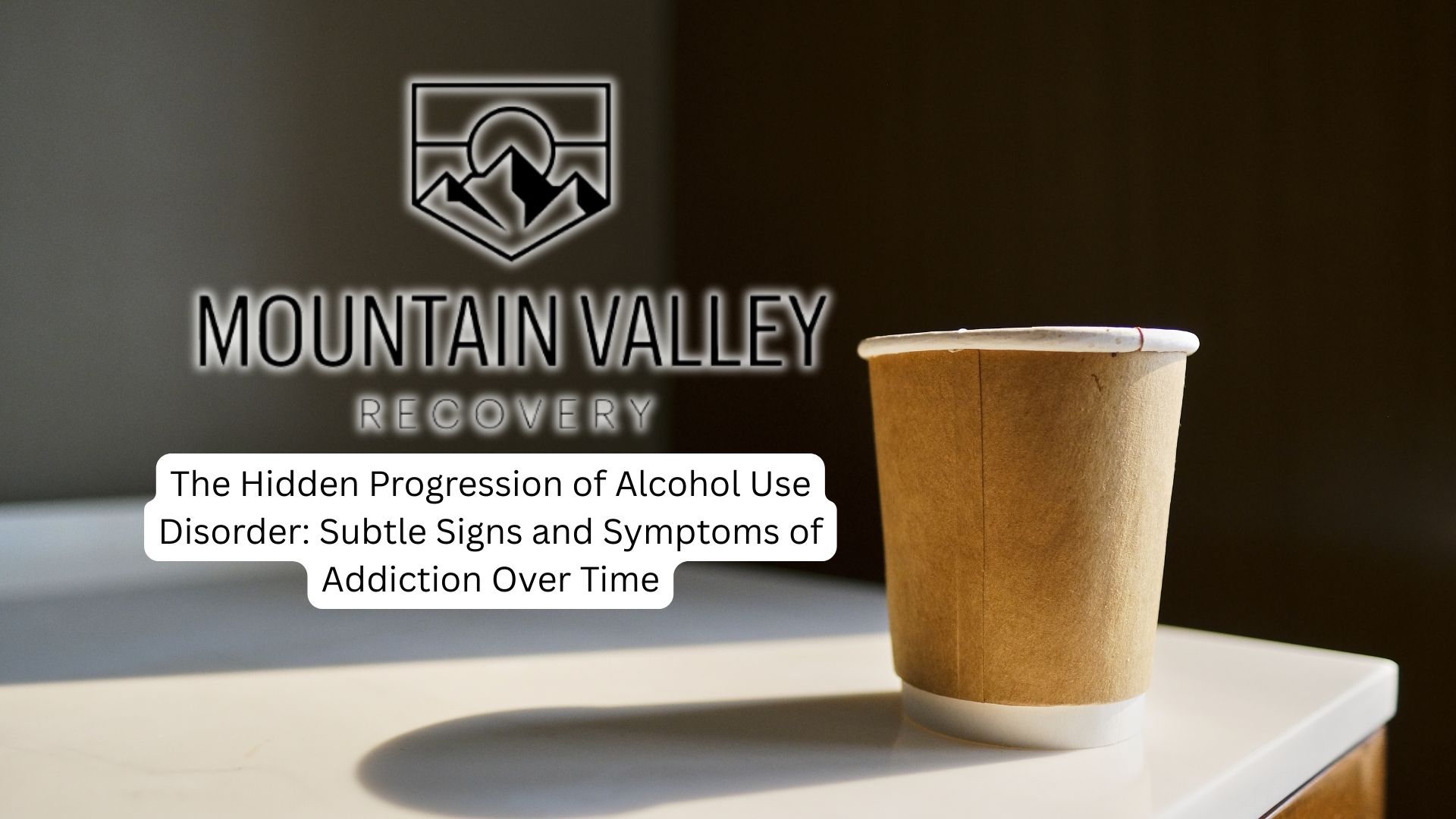Addiction is increasingly being recognized as a chronic, relapsing condition rather than an acute problem, and as a result, the focus on aftercare has grown in recent years. Aftercare programs offer a continuum of support that can include outpatient counseling, support groups, sober living arrangements, and ongoing therapy, all tailored to meet the evolving needs of individuals in recovery.
In the following paragraphs, we will delve deeper into the importance of aftercare for addiction treatment, exploring its various components, benefits, and the crucial role it plays in helping individuals build a foundation for lasting recovery and a fulfilling life free from addiction.
The Transition from Treatment to Daily Life
As people return to their everyday routines, having supportive, engaging, and therapeutic activities available can be a powerful tool. These activities can help prevent relapse and promote overall well-being.
During this transition back to daily life, you may encounter triggers and stressors that can challenge your recovery.
That’s why it’s crucial to engage in relapse prevention strategies, such as attending support groups and therapy sessions. These resources offer a safe space to share your experiences, learn coping skills, and build a network of support.
Benefits of Aftercare
Aftercare programs can reduce the likelihood of relapse by up to 80%, significantly increasing your chances of sustained recovery and long-term sobriety. By participating in aftercare, you’ll lower your risk of relapse, as approximately 40-60% of individuals who leave rehab prematurely experience a return to substance use.
Ongoing therapy and support groups in aftercare foster community connections, helping you combat feelings of isolation that can lead to relapse. Aftercare addresses various aspects of your life, including emotional challenges, relationships, and vocational support, which are crucial for maintaining sobriety after initial treatment.
Engaging in aftercare activities, such as attending 12-step meetings and alumni programs, provides essential accountability and encourages continuous application of coping strategies you’ve learned during rehab.

Types of Aftercare Programs
12-Step Programs, like Alcoholics Anonymous, offer a community of individuals with shared experiences, providing a supportive environment for your ongoing recovery journey.
Outpatient Treatment Programs, such as Partial Hospitalization Programs (PHPs) and Intensive Outpatient Programs (IOPs), vary in intensity and are tailored to address your specific challenges as you navigate life after treatment.
Sober Living Homes provide drug- and alcohol-free environments where you’re encouraged to participate in recovery meetings and abide by house rules, fostering accountability and promoting a healthy lifestyle.
Alumni Programs keep you connected with your treatment center through social events and check-ins, creating a network of support to help reduce your risk of relapse.
Holistic therapies like yoga and mindfulness practices can be integral parts of your aftercare plan, promoting overall well-being and providing effective coping strategies for managing stress.
Creating an Aftercare Plan
Your aftercare plan should be created before completing addiction treatment, ensuring a seamless transition into ongoing care.
Work with treatment professionals to develop a comprehensive plan that addresses your unique needs and challenges related to substance use disorders.
Your aftercare plan should include regular outpatient therapy sessions, participation in a support group, and strategies for navigating daily life and potential relapse triggers.
It’s crucial to actively engage in your aftercare program for at least one year, as this period is critical for establishing a strong foundation for long-term recovery.
Regularly assess and modify your aftercare plan with the help of your treatment team to ensure it remains relevant and effective in supporting your sobriety.
A stable living environment, free from triggers associated with previous substance use, is also a key component of a successful aftercare plan.
The Role of Family in Aftercare
By creating a strong support network, you reduce the risk of relapse and foster a more positive recovery environment.
Family therapy sessions are crucial for addressing underlying issues related to addiction, promoting open communication, and strengthening relationships. These sessions help educate family members about the nature of addiction and recovery, reducing stigma and creating a more supportive home environment.
Involving your loved ones in aftercare programs, such as family support groups or education workshops, fosters a sense of community and shared responsibility. This not only enhances your overall recovery experience but also helps you navigate the challenges of post-treatment life with the unwavering support of your family.
Final Thoughts from Mountain Valley Recovery
Programs like Mountain Valley Recovery’s recreational therapy for men showcase innovative approaches to aftercare that can greatly enhance the recovery journey. By incorporating outdoor activities and adventure-based experiences, this approach helps individuals develop new coping skills, build self-confidence, and form meaningful connections – all crucial components of a successful aftercare plan.





